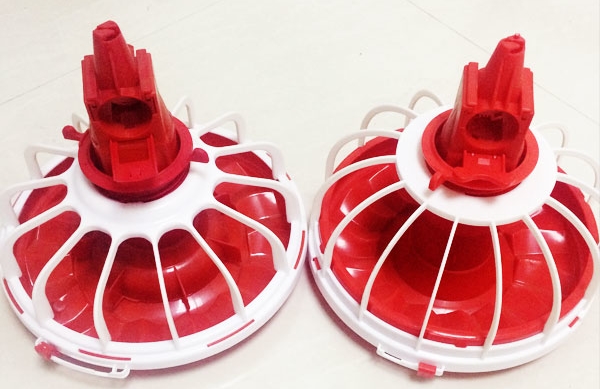We all know that the existence of all things in time has its own specific conditions of existence, and each condition is interdependent and mutually restrictive. The same is true for the breeding of broiler chickens. Today, the three conditions necessary for the broiler cages to be told to the farmers are complementary and mutually dependent. These three conditions are less than any one of them. Broiler farming is unlikely to be successful. Let’s talk to the farmers about the conditions necessary to raise chickens in broiler rearing equipment:
1. Humidity in the chicken house
The humidity in the house has a great influence on the growth of the broiler. If the humidity of the house is lower than the 20%-25% required under normal circumstances, the conversion rate of the chicken feed will be greatly reduced. The ratio will increase by 10%; when the humidity is higher than the required 18%-20%, it will directly cause coccidiosis and various diseases and microbial pathogens. This shows that the control of humidity in the house is crucial to the growth of broilers.

2. The temperature inside the chicken house
Temperature control in the house is as important as humidity control, especially during winter and summer. Because the temperature is too high and too low, the temperature inside the house is not well controlled. The temperature of the house will directly affect the survival rate of the birds, so the temperature per minute in the house should be kept within the normal range. If the temperature in the house is lower than the required level of 34 degrees, the chicken must increase its own weight multiplied by 0.13% of the feed to maintain normal body temperature, which increases the feed to meat ratio. However, if the temperature in the house is higher than 34 degrees, it will cause respiratory diseases, as well as a large number of bacterial infections, causing great harm to the flock. It may even cause large-scale death of chickens and economic losses to farmers.
3. Air quality in the house
The quality of the air in the house is also very important for the growth of the flock. Especially when the air quality is poor, the main harmful gases in the gas are: harmful gases such as ammonia, carbon dioxide and dust. If the ammonia is too large, it will cause difficulty in breathing, inflammation of the cornea, and aggravation of the respiratory system; if the carbon dioxide is too large, it will cause diseases such as soft legs and ascites of the chicken. Therefore, farmers should regularly ventilate the house to prevent adverse effects from harmful gas.
The above are some conditions that need to be paid attention to in the chicken house when using broiler cages to raise broilers.